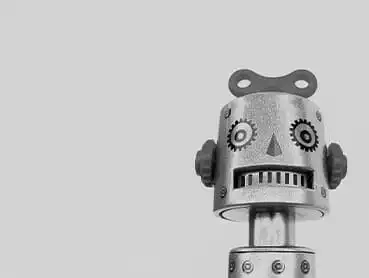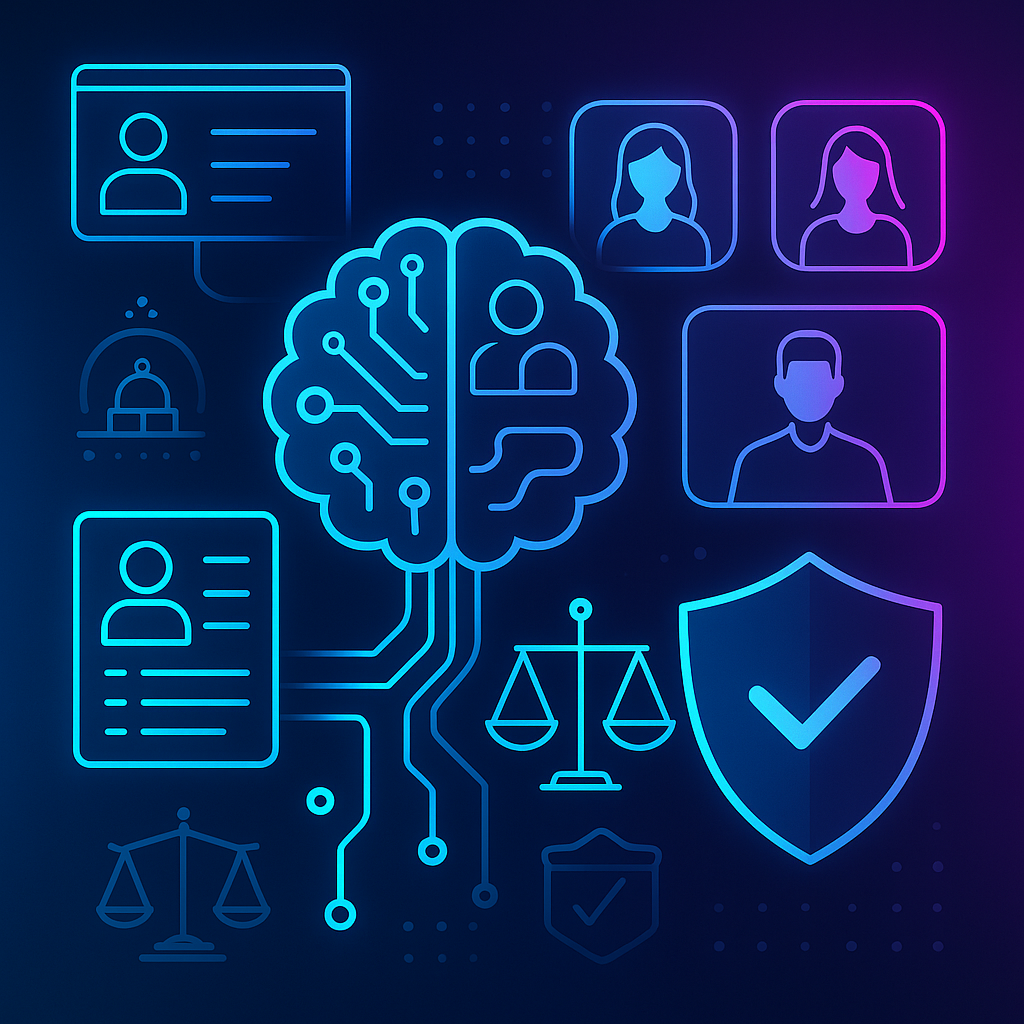Artificial Intelligence in the Workplace Replacing Jobs – Myth or Fact?

Much of the media narrative on Artificial Intelligence in the workplace revolves around fear. Like something out of the Terminator movie, intelligent machines and robots are portrayed as a potential existential threat to human kind. If they don’t gang up and exterminate us then they are bound to do the next worse thing: take our jobs and leave us unemployed.
A much quoted economic research paper by two Oxford Economists, published in 2013, looked into US labor data and ascribed probabilities of automation to families of jobs. The resulting prediction was all doom and gloom: 47% of American jobs would probably go in the next 10 years due to automation. This prediction has framed the debate around job automation as something that we need to resist, slow down, manage, and generally aim to mitigate as much as possible.
However, the data from a recent global study on the Future of Work by Willis Towers Watson, tells a somewhat different story. We asked over 900 HR executives in 38 countries what is their view about automation, and how they see the future of their business developing over the next few years. They see only a 6% reduction in full-time employment over the next three years. This speaks of the reality check that any technology gets when it arrives at the gates of adoption by companies.
Artificial Intelligence in the workplace has made impressive progress over the past five years, and systems are now capable of analyzing massive data sets as well as perform pattern recognition analysis on images and voice. But the technology is still narrowly focused. Human work is much wider and varied. Some automation technologies, for instance Robotic Process Automation (RPA), have matured enough to confer sizable operational efficiencies; but in most use cases the reduction in cost comes from artificial intelligence in the workplace and automation of specific job tasks rather than obliterating whole jobs.
On the contrary, the new wave of automation is seen as providing new opportunities for growth, and therefore new challenges for HR executives to support business with exceptional talent versed in these new technologies. Digital transformation is now on most companies’ agendas, which impacts talent acquisition and puts into question traditional ways of sourcing talent. A majority (60%) of respondents believed that breakthrough approaches would be needed in talent acquisition to respond to the increasing demand, as well as the increasing competition for digital talent.
How should Talent Acquisition respond to digital transformation?
Talent Acquisition is an area that is already disrupted by innovative startups that use machine learning to develop better, and more dynamic, algorithms that match candidates to jobs. There is a great pool of talent out there, as any recruiter knows; the challenge is always to find the right person as well as correctly interviewing candidates to fit and succeed within your organization.
Speed has become a critical success factor for business, and the lag between search, interviews and decision to make an offer, is becoming prohibitively long. Creating systems such as a competency framework with your organization and using competency-based interview process can help to speed up the process by finding the right candidates for your positions the first time. Indeed this use case and many others where A.I. in the workplace points to the future coexistence of humans and intelligent machines: not one of adversity but of collaboration, where work and productivity are augmented.





